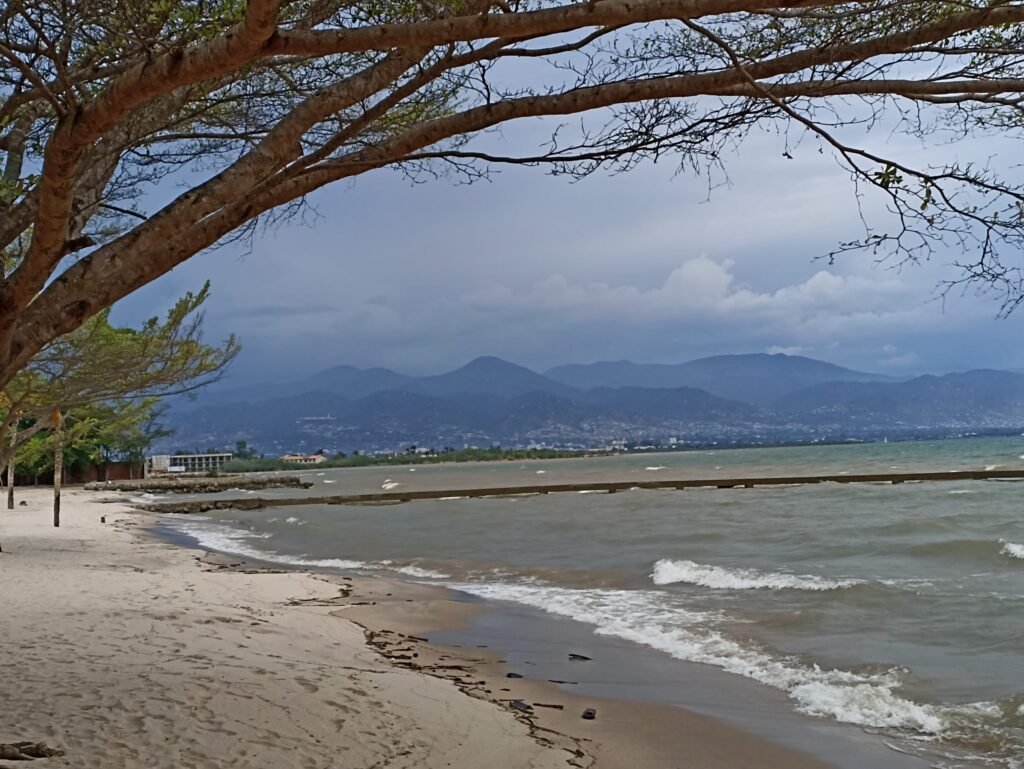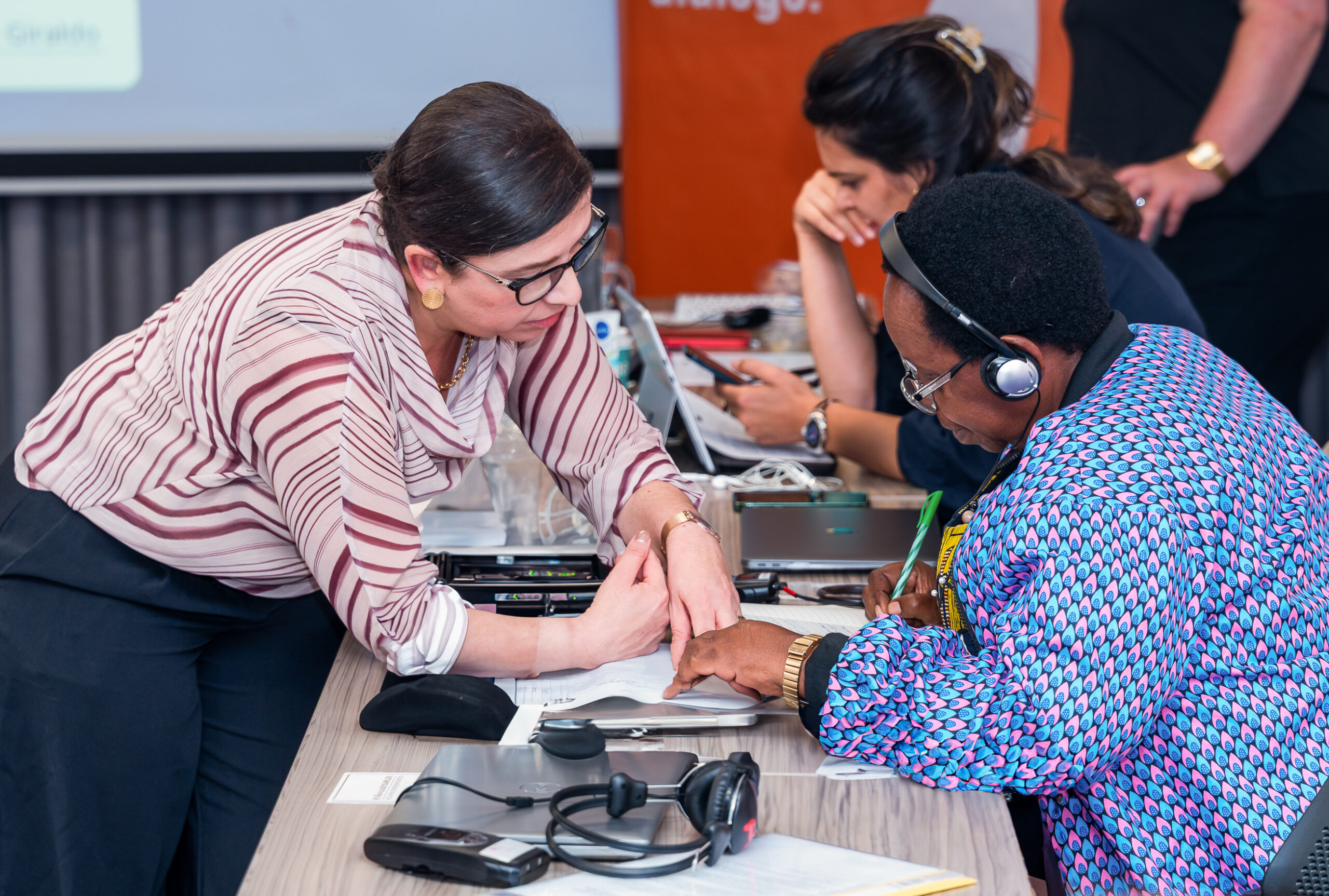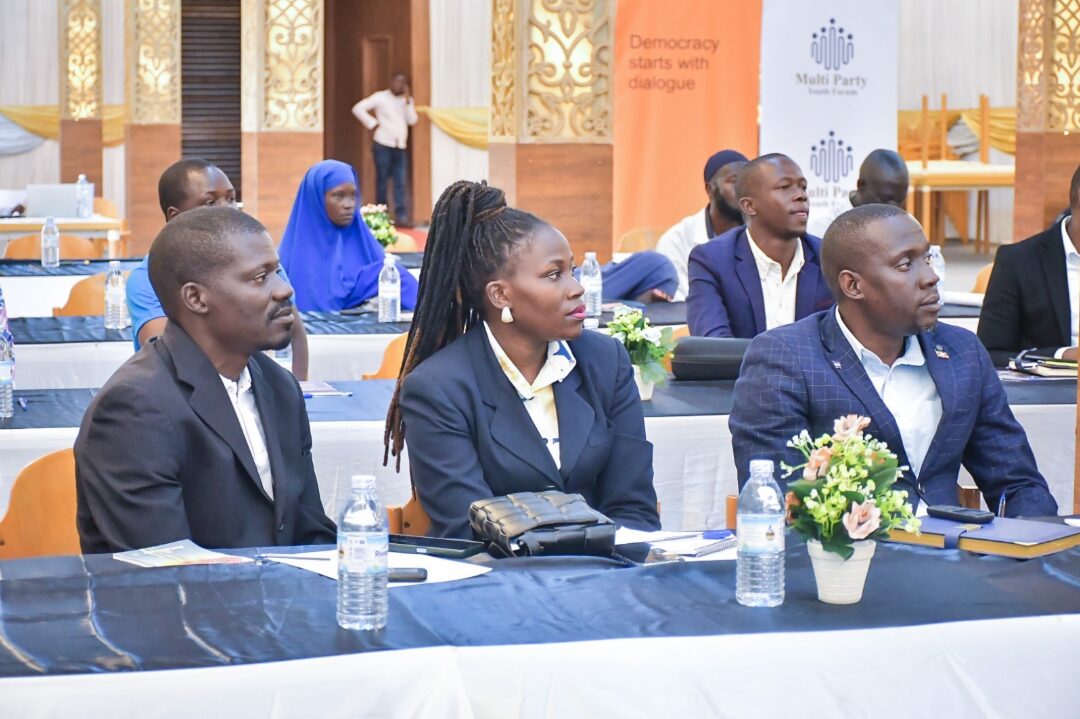Laying the groundwork for inclusive and peaceful elections in Burundi

In 2025 and 2027, the small East African country of Burundi will navigate key elections. The first will be legislative and local government elections in 2025, followed by presidential elections in 2027. These elections will be the fifth since the Arusha Peace Accords (2005) that ended a brutal civil war and paved the way for a democratic transition.
These polls, however, come at a crucial moment. Since 2015, Burundi has faced major socio-political and economic challenges, including internal divisions within major political parties, high poverty rates, severe currency devaluation, and worsening living conditions.
As Dieudonné Ntanago, NIMD’s pioneer Burundi Country Director in Bujumbura, puts it:
The current systems for managing power have not yet succeeded in addressing the key issues needed to improve the well-being of the people. We hope elections could help find solutions or at least bring some relief to desperate citizens and ease current political tensions.
So the elections will hold some hope for the population. They offer an important opportunity to strengthen democratic institutions and practices; make needed electoral reforms; and ensure that diverse voices and groups are represented in the political process. What’s more, they will provide a chance for Burundians to once more place their trust in political leaders to tackle the country’s challenges and work towards a better future.
Towards meaningful change
NIMD recognizes the potential for change that these elections bring. And we are committed to contributing to a more inclusive and responsive political landscape in the country.
Through our programme, funded by the Netherlands Embassy in Burundi, NIMD Burundi is focused on preparing for inclusive, peaceful elections in the coming years.
We do this at different levels, and with different groups and institutions. We believe that this comprehensive approach will help us make a real difference.
Working with political parties
At NIMD, we believe that true democracy means having a real choice. Elections should offer voters a variety of political parties with different policies and ideas.
However, in Burundi, the political landscape is not fully conducive to inclusive elections. Burundian law prohibits any direct funding to political parties. Only 10 out of the country’s 37 parties participate in the electoral process due to limited financial resources and institutional capacities..
That’s why we’re working closely with political parties in the run-up to the elections. We give them extra tools to develop or update their political programmes, strengthen internal democracy and improve their organizational structure.
We do this through training workshops, attended mainly by core members from 10 different political parties, including the ruling party. Our focus is not only on updating strategic plans and party programmes, but also on enhancing internal democracy and making party structures more inclusive. By breaking down internal barriers that limit the participation of young people and women, we aim to ensure that all voices are heard and represented in the elections.
Looking ahead, we will seek ways to support all registered political parties in Burundi. We will also train political party leaders in developing campaign strategies. It’s essential to have a political programme, but it’s equally important to effectively communicate with voters so they understand what each party stands for.
Promoting the political participation of young people and women
If we want the upcoming elections to make a difference, it’s essential that all voices are heard. That’s why we focus on amplifying the voices of young people and women, who are chronically underrepresented in Burundi’s decision-making bodies.
We do this through a several connected activities.
First, we work directly with young members of political parties. We host dialogue forums where they can share their experiences and build networks with other young politicians from different parties.
Together, these young leaders and women create a shared agenda and vision. They also engage in intergenerational dialogues with national and local party leaders to push for youth issues to be given more attention.
But young people and women cannot achieve political success on their own. In many places, including Burundi, there are economic, cultural, and social barriers that hinder their participation. That’s why we also work to influence key political figures to help remove these obstacles.
Building trust through dialogue
Lastly, NIMD Burundi facilitates regular dialogue sessions between political actors from across the political spectrum to foster inclusive political processes and prepare for peaceful elections.
According to Dieudonné Ntanago:
Inclusive dialogue allows every voice to be heard, regardless of status, gender, ethnicity, political affiliation, or any other aspect of diversity. By encouraging everyone to participate and contribute, it creates an environment where different ideas and perspectives are valued and considered.
Our dialogue sessions foster mutual understanding through open and respectful conversations. The dialogue aims to support the participants as they acknowledge difference, challenge biases and find common ground. Together, they have more chance of enhancing equal opportunities and inclusive decision-making processes.
What’s more, our dialogue sessions provide a safe space to address sensitive issues in an open and respectful atmosphere. By discussing electoral processes, the participants pave the way for inclusive electoral reform.
Looking to the future
As we edge closer to the elections, we are exploring ways to expand our work with political parties. While we’ve mainly worked with the 10 major parties so far, we hope to broaden our assistance to all Burundi’s political parties, supporting them to re-assess their core missions and form effective coalitions for the elections.
As NIMD’s Programme and Knowledge Advisor for Burundi, Tayuh Ngenge says:
Our ambition is to work with all registered parties so that they can take up their rightful place on the political field and render politics more competitive.
Indeed, ensuring that parties can realize their potential to be important actors in the democratic process is an important step towards inclusive elections, where voters have real choices among diverse policies and ideas.
Alongside our work on trust-building and inclusive politics, this helps ensure that Burundi has the best chance of holding peaceful and representative election, paving the way for stronger democratic institutions and a more inclusive political culture based on trust.


